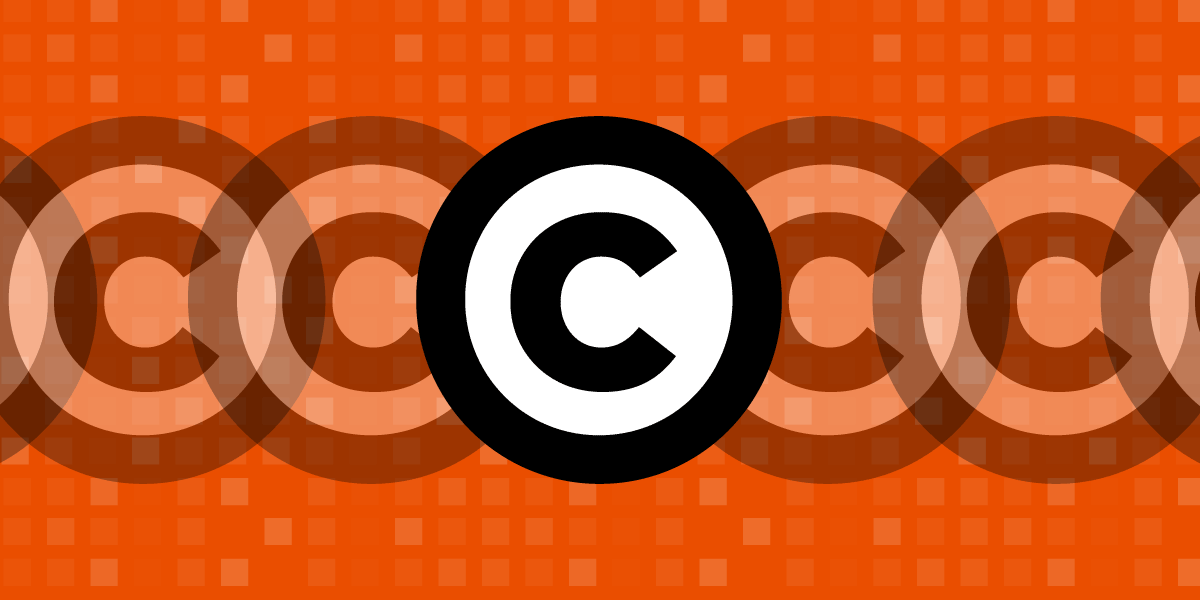Welcome
There's a lot of misinformation out there about legal rights and responsibilities in the digital era.
This is especially disconcerting when it comes to information being shared with youth. Kids and teens are bombarded with messages from a myriad of sources that using new technology is high-risk behavior. Downloading music is compared to stealing a bicycle — even though many downloads are lawful. Making videos using short clips from other sources is treated as probably illegal — even though many such videos are also lawful.
This misinformation is harmful, because it discourages kids and teens from following their natural inclination to be innovative and inquisitive. The innovators, artists and voters of tomorrow need to know that copyright law restricts many activities but also permits many others. And they need to know the positive steps they can take to protect themselves in the digital sphere. In short, youth don't need more intimidation — what they need is solid, accurate information.
EFF's Teaching Copyright curriculum was created to help teachers present the laws surrounding digital rights in a balanced way.
Teaching Copyright provides lessons and ideas for opening your classroom up to discussion, letting your students express their ideas and concerns, and then guiding your students toward an understanding of the boundaries of copyright law.
In five distinct lessons, students are challenged to:
- Reflect on what they already know about copyright law.
- See the connection between the history of innovation and the history of copyright law.
- Learn about fair use, free speech, and the public domain and how those concepts relate to using materials created by others.
- Experience various stakeholders' interests and master the principles of fair use through a mock trial.
Teaching Copyright will require your students to think about their role in the online world and provide them with the legal framework they need to make informed choices about their online behavior.
About
In 2006, California passed a law requiring schools that accept technology funding to educate students about copyright, plagiarism, and the basics of Internet safety. Other states have since considered similar laws. We saw this as an opportunity to help teach students their rights and responsibilities when using technology.
But when we surveyed existing digital education resources related to copyright, we were dismayed to find that much of the available material relied on inaccurate generalizations about technology and law. Rather than presenting unbiased facts and encouraging inquiry, the materials focused on drilling students on the prohibitions of copyright. As avid users of technology ourselves, we could not stand by and let this educational opportunity become an excuse to scare young people away from making full and fair use of the digital technologies that will continue to affect virtually every aspect of their lives.
We decided to fill in the gap by developing an honest, accurate, and balanced curriculum that would help students understand and exercise their digital rights and responsibilities. Working with educators from around the country, we aimed to design a fun and flexible plan that would not just provide information, but also help foster basic skills in research, writing, and critical thinking.
We're proud of the result. The Teaching Copyright curriculum is a detailed, customizable learning plan to help educators raise interesting questions about copyright, technology, and law, such as:
- What is legal online?
- How is creativity being enabled by new technologies?
- What digital rights and responsibilities exist already, and what roles do we play as users of digital technology?
Through the Teaching Copyright curriculum, students and teachers will learn the answers to these questions and come to a greater understanding about the role of technology in our lives.
We want to make these materials useful and relevant to you, the classroom teacher. Let us know if you have any ideas on how we can improve and/or expand upon this curriculum. Send your questions or comments to us at tc@eff.org.



